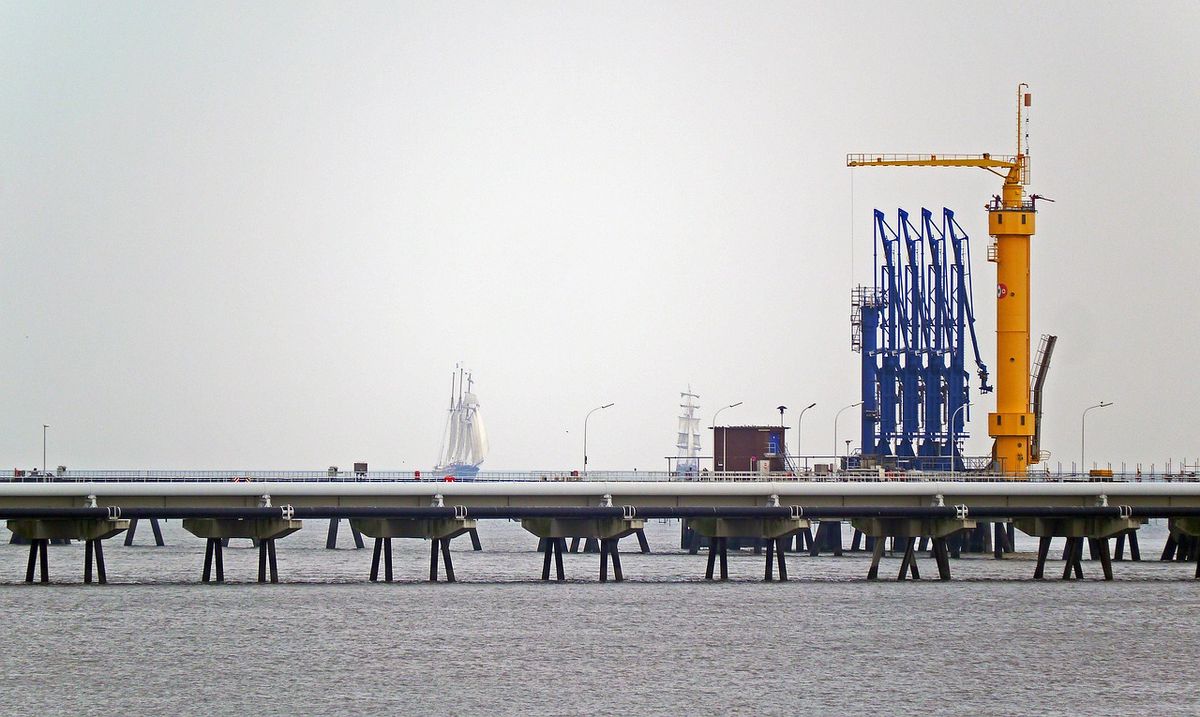Niger To Start Exporting Crude Oil From Benin Pipeline From January 2024

General Abdourahamane Tiani, the leader of the military regime in Niger, has announced that the marketing of Nigerien crude oil on the global market will commence in January. He stated in a televised interview that the transportation of crude oil to the Atlantic Ocean is already in progress and that the first exports of Nigerien crude oil can be expected in January.
General Tiani also mentioned that out of the daily production of 90,000 barrels, 25.4%, or approximately 22,860 barrels per day will be allocated to Niger, with the rest being sent to Benin.
A massive pipeline was recently constructed to transport crude oil from Agadem in the southeast to neighboring Benin. The pipeline was commissioned on November 1 by Ali Mahaman Lamine Zeine, the civilian Prime Minister chosen by the military.
However, the borders between Niger and Benin have been closed due to severe regional sanctions imposed by the Economic Community of West African States (ECOWAS) following the coup on July 26. This nearly 2,000 km long oil pipeline will allow Niger, one of the world's poorest countries, to sell its crude oil internationally for the first time. The oil will be shipped through the port of Sèmè in Benin.
The Nigerien government has invested six billion dollars, with four billion allocated for the development of the Agadem oil fields and 2.3 billion for the construction of the oil pipeline.
The China National Petroleum Corporation (CNPC) is responsible for oil extraction. Since 2011, Niger has been refining approximately 20,000 barrels per day, primarily diesel and gasoline, in Zinder, located in the center-east of the country.
Additionally, General Tiani has announced plans for constructing a second refinery with the support of external partners, although specific details about the project were not provided. Officially, Niger's reserves are estimated to be around two billion barrels. According to official projections, the country aims to produce 200,000 barrels per day by 2026.





